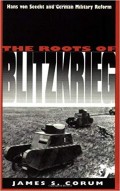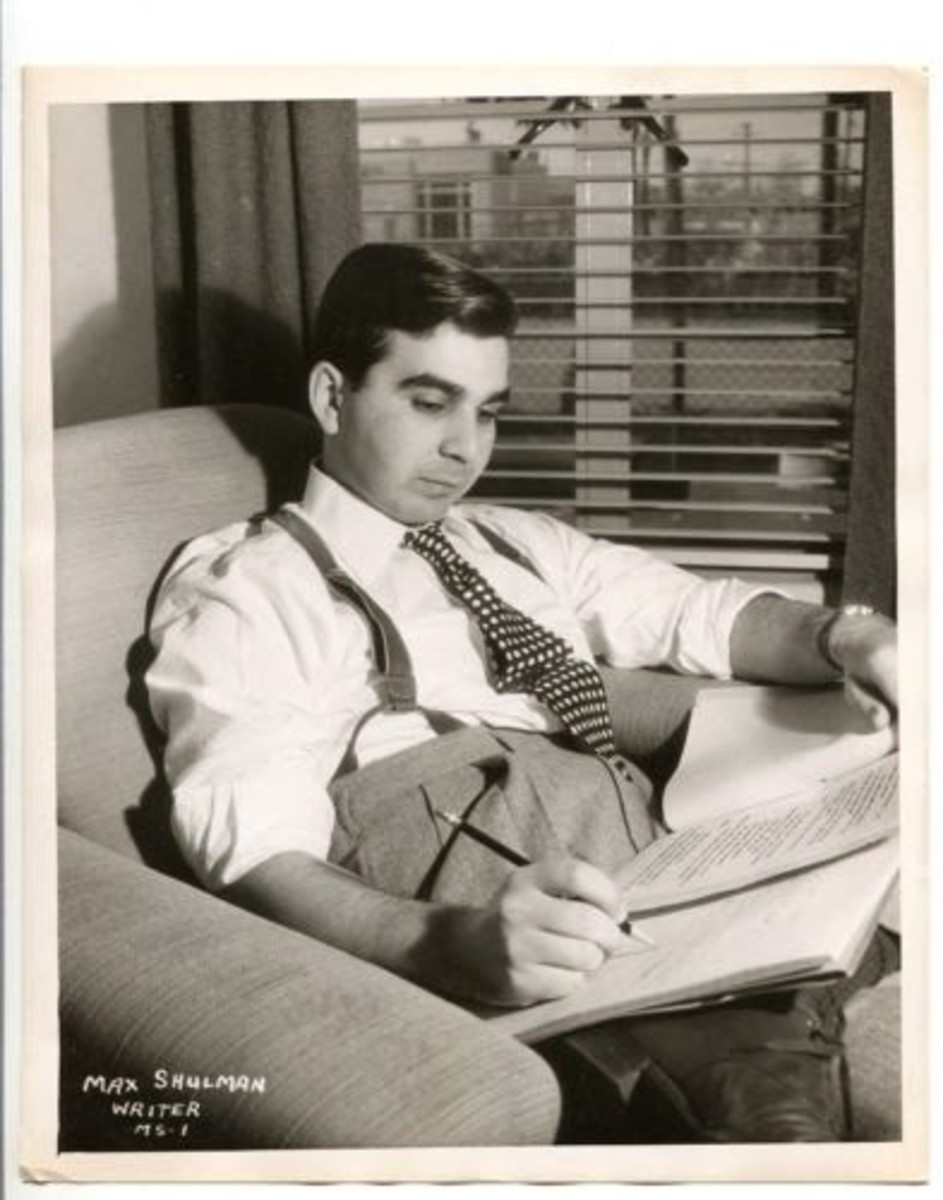Octavia Butler's Kindred Reading Response
In Octavia Butler's Kindred; Dana, a black woman in her mid 20”s finds that she is capable of transporting from her present time in the 1970s to the 1800’s. Immediately upon arriving in this time is Dana is assumed to be a boy in the first place because she is wearing pants. Throughout the entire book there is an underlying joke about people of all genders and races assuming if Dana was a boy or saying that she looked like one. I enjoyed the humor wrapped up in this simple ignorance to such a thing as a pair of jeans. “I saw you inside a room. I could see part of the room, and there were books all around-- more than in Daddy’s library. You were wearing pants like a man-- the way you are now. I thought you were a man.” (22) In all reality the fact that Dana did wear pants during the era where women were expected to wear dresses only made her more susceptible to abuse, assault and oppression; “And daddy's gun, I said bitterly. Your father almost shot me. ‘He thought you were a man too.” (23)
On Dana's second trip through time she finds herself trying to escape the Wylun plantation in the antebellum South. She flees to Alice's free mother's home and just as she thought she was out of troubles reach she bumps into a patroller. Now this man even mentions that he had no business with Dana but he proceeds to assault her. Octavia writes; “The man tackled me and brought me down hard. At first, I lay stunned, unable to move or defend myself even when he began hitting me, punching me with his fist. I had never been beaten that way before-” (42) This patroller goes on to assault Dana with the intention to rape her. “He reached out and ripped my blouse open. Buttons flew everywhere, but I didn't move. I understood what the man was trying to do.” (42) Consider also that this patroller showed up earlier and in response to Alice's refusal of something he said, he found fit to force himself upon a free woman at first and any woman once Dana was presented in his path. “The rest of the patrol mounted and followed except for one who was having some low-voiced discussion with the woman. Evidently, the discussion didn't go the way the man wanted because before he rode off with the others, he punched the woman in the face exactly as her husband had been punched earlier. The woman collapsed to the ground.” It wasn't long before the patroller came back around in search for the woman. “What in the hell…? You… You're not the one.” (41) Here is a solid example of entitlement. This patroller most likely was trying to assault Alice's mother and when she most likely declined he was entitled to her body. The fact that he asked was more of a formality or courtesy in my opinion. Regardless to Alice's mother’s reaction to the patroller and aside from the patroller physically assaulting her he still felt the need to return with the intent to satisfy his hunger purely because it was his “right.” Simply because as a white man he was entitled to Alice's mother's body and to Dana's black body just the same. And for any black woman who may have been wandering throughout the night; he was also entitled to.
Now the experience for the black male slave at this point is no more glamorous. We will consider that the same patroller that tries to rape Dana viciously beats Alice's father, ties him to a steed and drags him back to the plantation. “Then, still holding the other end of the rope, the patroller mounted his horse and rode away half-dragging his captive behind him.” (37) What we do see even in the 1800’s is enslaved black men being given positions of power. The first prospector we are introduced to on the plantations is Luke. Luke is enslaved and is granted power by Tom Wylan the master. You sort of get the feel that luke is a favored slave as Octavia describes his character as a an independent thinking man who sort of agrees to do things a certain way but then follows his own executive decision.
Octavia Butler, Kindred (Beacon Press Books: Boston, Massachusetts 1979)
© 2018 Christa Canady



